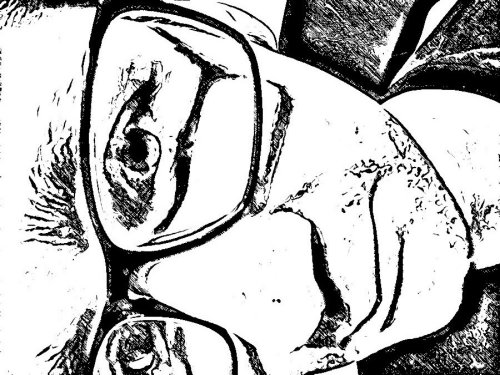Building for the open web
I've been tickled pink to have both my posts from the past two weeks hit the orange site (first and second). I thought both discussions had some valuable comments. Both of those posts were slightly theoretical. I have a third post incubating that will focus more on practical specifics. I'd like to lay down a suggested roadmap for anyone else who's interested in building for the open web but isn't convinced that blockchain is the way to go.
If you're in that camp, would you hit reply and introduce yourself? Maybe we can collaborate somehow.
Some articles I read last week:
Why Section 230 Is Better Than the First Amendment. The author argues for why getting rid of Section 230 would be a bad thing. The main takeaway I got from it is that even though there's a lot of overlap between Section 230 and the First Amendment, Section 230 makes it much cheaper to defend against frivolous lawsuits. Without it, small/young services that host users' content may have a harder time growing, which means Facebook et. al. will become even more entrenched. I'm particularly interested in this debate since I run one of these services. One question I have: how much does a US law like this matter for a company with a global user base?
Was Randy Cassingham the first member of the Creator Economy?, an account of one of the first email newsletters. It was launched in the same year I was born. "At the time, most people who had email addresses used them to forward jokes."
An inconvenient sleuth, an essay from an anonymous biologist arguing against the Covid lab-leak hypothesis. Published last July. I haven't followed this topic; my understanding was that mainstream opinion started out saying it didn't come from the lab in Wuhan, but then that reversed sometime this year (I think?). I'm unaware if there's currently any sort of consensus on this. This article made me do a Bayesian update back in the direction of "it didn't come from the lab."
Yes, the origin was in the one city in China that has a virological research lab, out of hundreds that do not. But what proportion of the population are laboratory workers at risk, versus what proportion consume meat at wet markets? ... How do we account for the other reasons why laboratories are where they are – precisely because of the high diversity of bats and bat coronaviruses in the region, and because other epidemics originated not far from that area, which was known for years to be a source of zoonotic risk?
Lars Doucet On Taxing The True Value Of Land, a readable introduction to land value tax/"Georgism". Another one from the department of stuff-I-don't-follow-but-still-found-interesting.
The chief insight of Georgism is to shift the paradigm from a two-input model of the economy (labor and capital) to a three-input model (land, labor, and capital).
You know how once we discovered that most infectious diseases are caused by germs, it totally upended our knowledge of medicine? And how once we discovered that things are made of atoms, it moved us from alchemy to chemistry? I feel like Georgism can do the same thing for economics.
Published 26 Dec 2021

